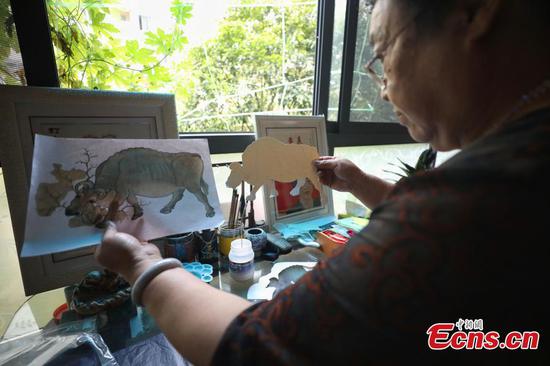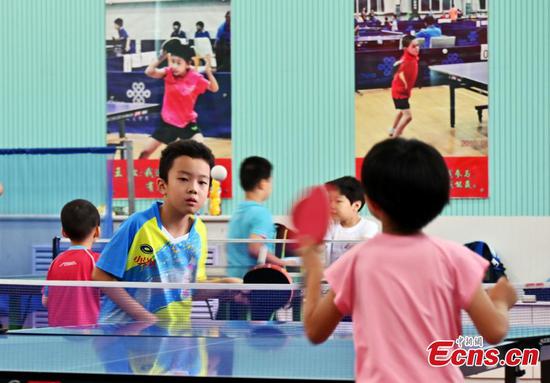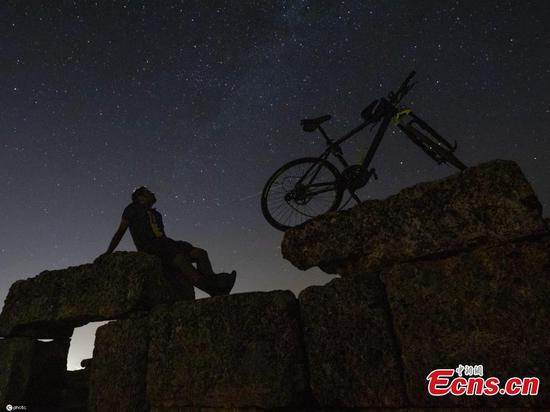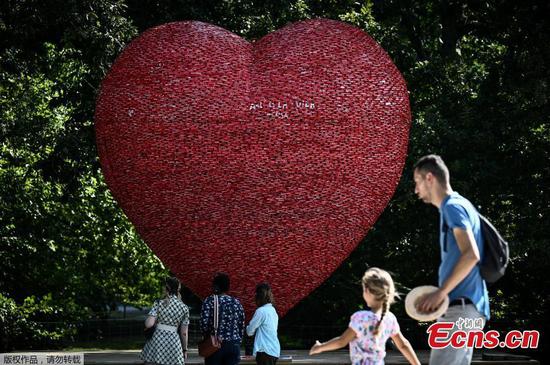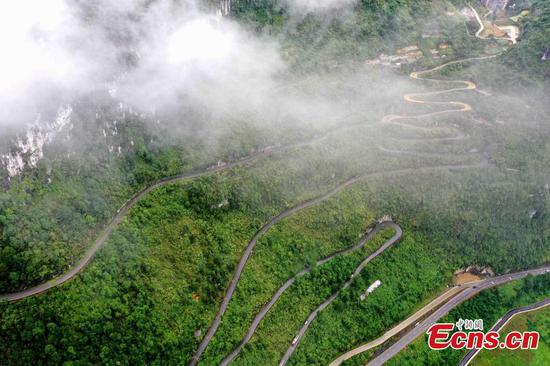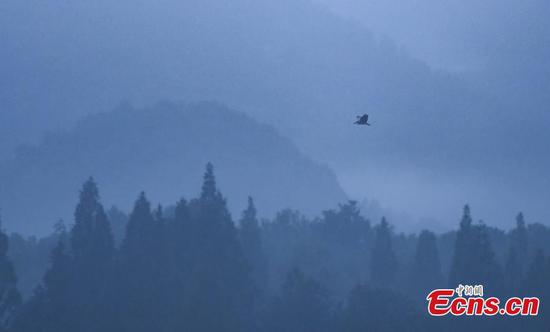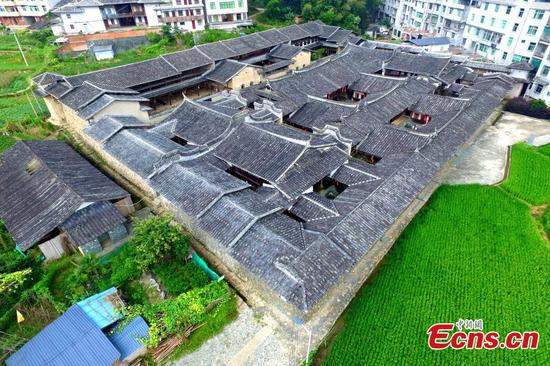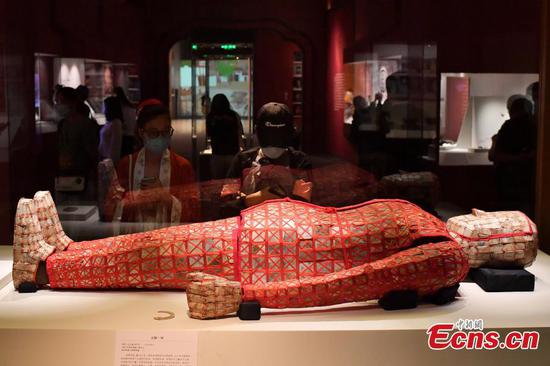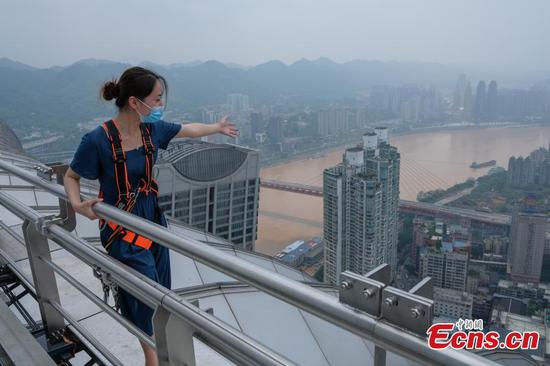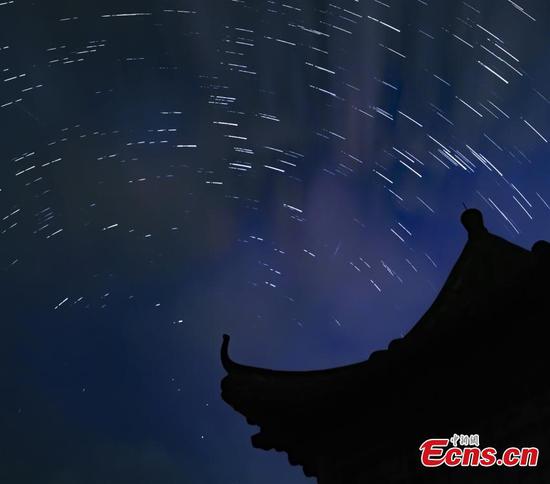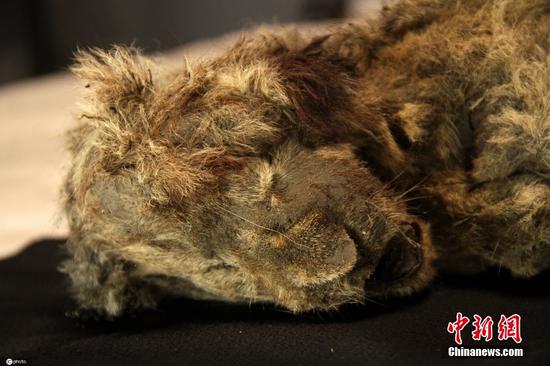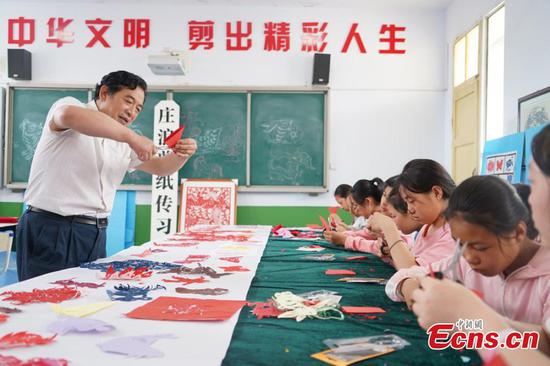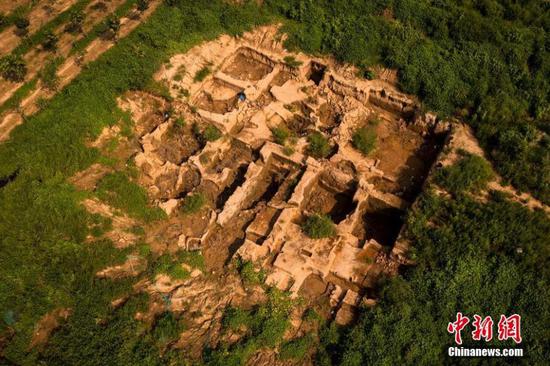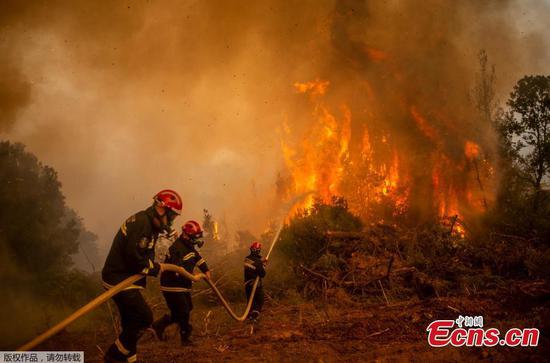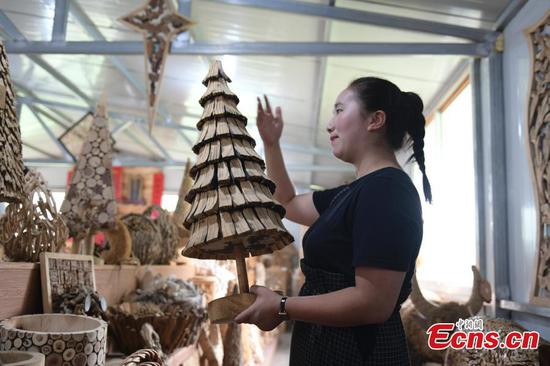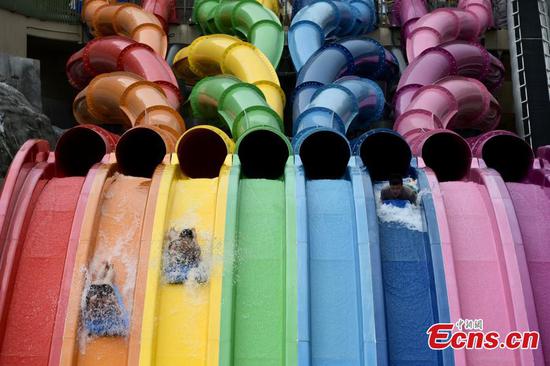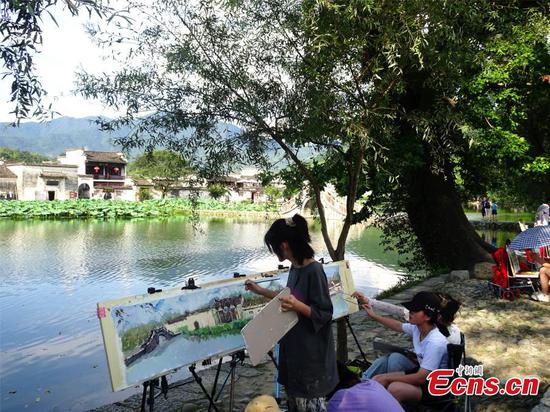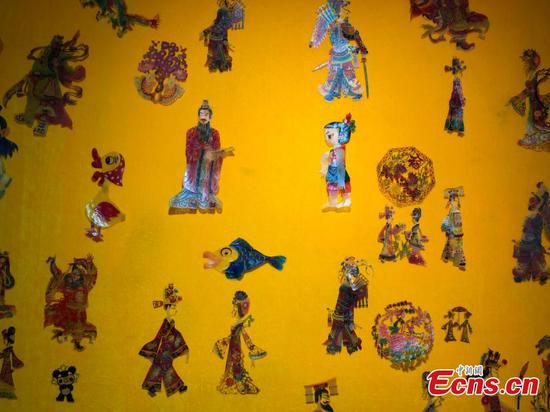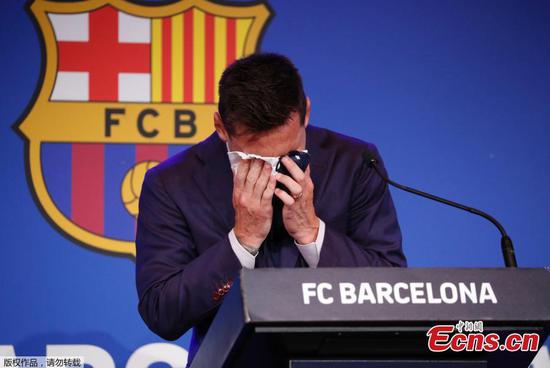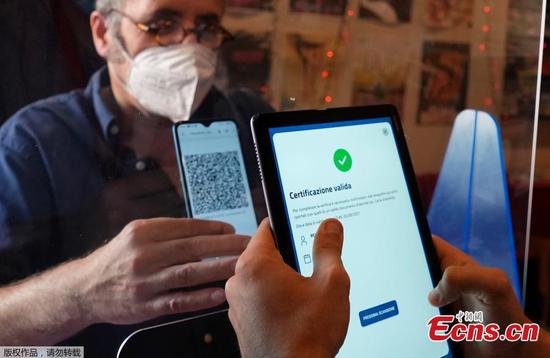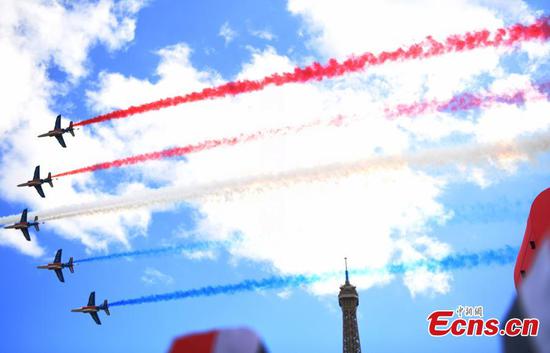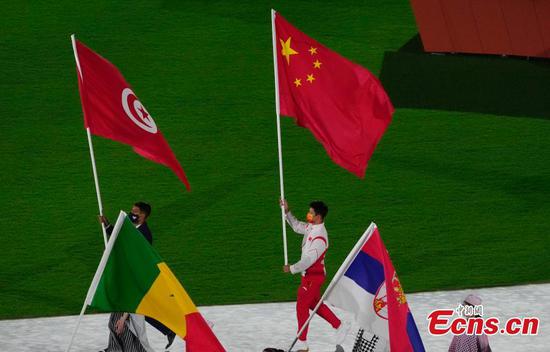China rejects the WHO's next-phase origins-tracing work proposal as it is not based on the scientific evidence gathered from the first-phase study jointly conducted by Chinese and foreign experts in Wuhan, Central China's Hubei Province, earlier this year. The proposal was also made without full consultation with WHO member states, a senior Chinese diplomat said on Friday.
Some Chinese and international observers said the WHO has apparently succumbed to U.S.-led Western pressure due to its chief's re-election bid and the U.S.' funding, as it has deviated from objectivity and science on the virus origins and has gone far from the WHO-China joint report by focusing on "lab leak" hypothesis for next-phase origins tracing, and they worried that the next-phase study will be seriously hindered and WHO's credibility will be questioned.
In an indoor briefing with 160 representatives and ambassadors from various countries and international organizations in Beijing on Friday, Chinese Vice Foreign Minister Ma Zhaoxu said that recently the WHO Secretariat, without taking reference to scientific conclusions and suggestions from the WHO-China joint report on coronavirus origins, or fully consulting with its member countries, came up with the working proposal for the next phase.
Over 70 countries have sent letters or issued statements to the WHO in support of the initial WHO-China joint report, opposing politicizing origins-tracing work, and more than 30 countries clearly expressed their stances of opposition or reserved opinion on the work proposal for the next-stage origins tracing, the Chinese diplomat said, who also laid out China's four key standing points on the matter.
In terms of the next-phase COVID-19 origins-tracing work, it should be only done by scientists to find zoonotic origins and transmission pathways, Ma affirmed.
At the briefing, Russian Ambassador to China Andrey Denisov voiced support for science-based COVID-19 origins tracing and the role of the WHO as the sole organization leading this work.
A day before, the WHO issued a statement on the next series of studies on SARS-CoV-2 origins, in which it said the search for the origins is not and should not be an exercise in attributing blame, finger-pointing or political point-scoring.
But on the "Wuhan lab leak" hypothesis which has been listed as extremely unlikely in the first-phase origins study report, and was politically manipulated by the U.S., the statement said there was insufficient scientific evidence to rule out any of the hypotheses, and suggested analyzing and improving lab safety and protocols in all laboratories around the world, including in China.
The WHO statement did not respond to whether the organization has been under any political pressure in the statement, and chose to ignore international calls to address the growing number of questions lingering over the U.S., including the unexplained pneumonia outbreaks and the worrisome US biolabs around the world, especially Fort Detrick and the labs at the University of North Carolina.
A Chinese petition urging the WHO to probe the U.S.' Fort Detrick biolab garnered 25 million signatures of support in three weeks.
Liang Wannian, team leader of the Chinese side of the WHO-convened joint expert team on origins tracing, told the briefing that scientists reached in the joint report the consensus of "extremely unlikely" after a thorough study in Wuhan on the lab leak hypothesis, a conclusion that should not be ignored.
Yuan Zhiming, director of China's National Biosafety Laboratory and professor at Wuhan Institute of Virology, also refuted the lab leak rumors at the briefing. He said the latest U.S. Republicans' virus origins report is a "Hollywood movie script" which is ridiculous and has nothing to do with science.
In fact, the next phase of study should be carried out in multiple places worldwide covering countries where the horseshoe bat and pangolins reside, and countries that lack sufficient testing, those with virus-positive animal data and who supplied the Wuhan Huanan market through cold-chain logistics, Liang said.
Some claimed that China rejected the origins-tracing work, but the fact is that the U.S. has been doing so, Ma said, denouncing the way the Biden administration has been using intelligence to conduct the work while still refusing to open the U.S.' door to global scientists for relevant studies.
"Over 25 million Chinese netizens signed an online petition asking the WHO to probe the U.S.' Fort Detrick biolab, but there's no response to that yet," Ma added.











